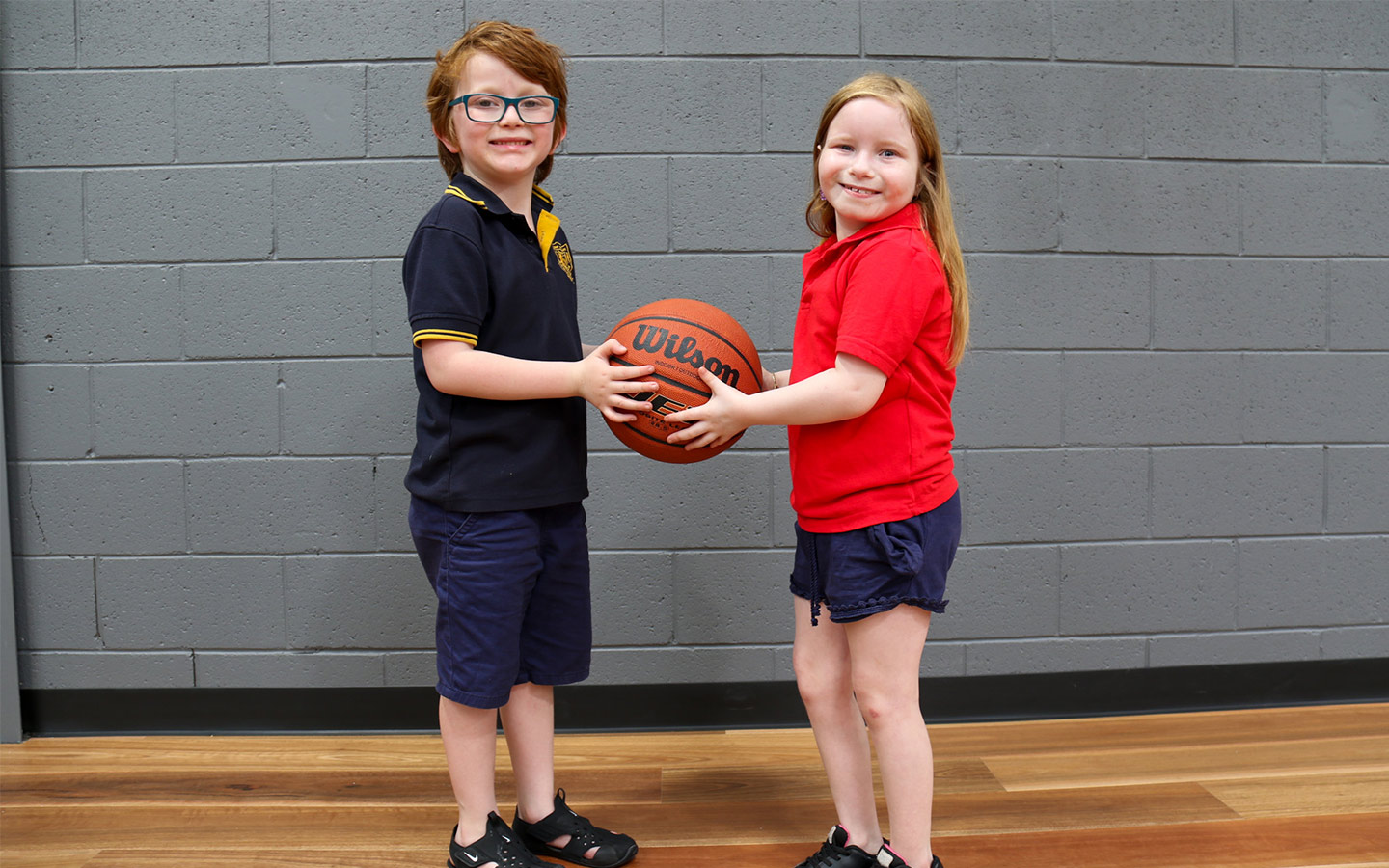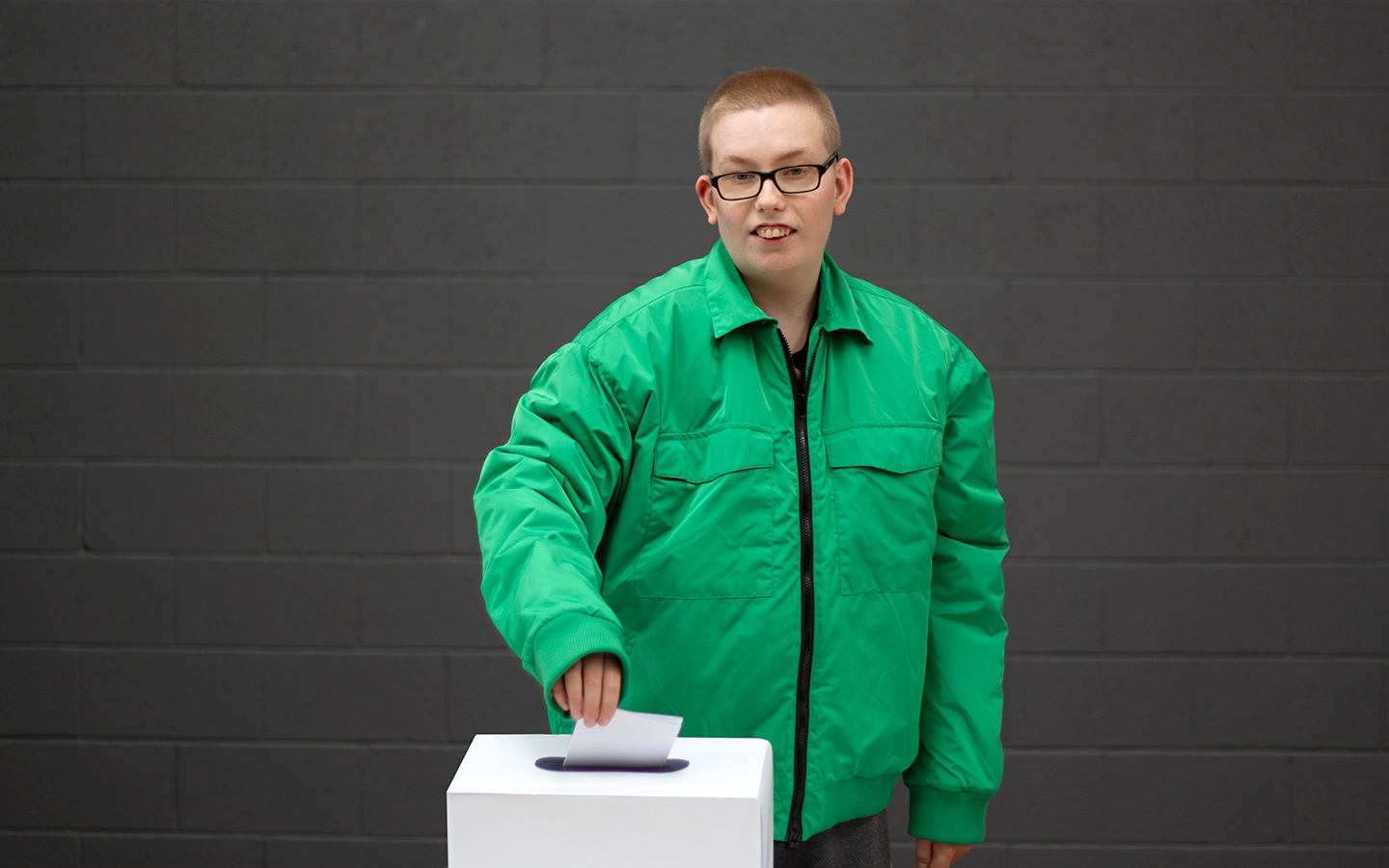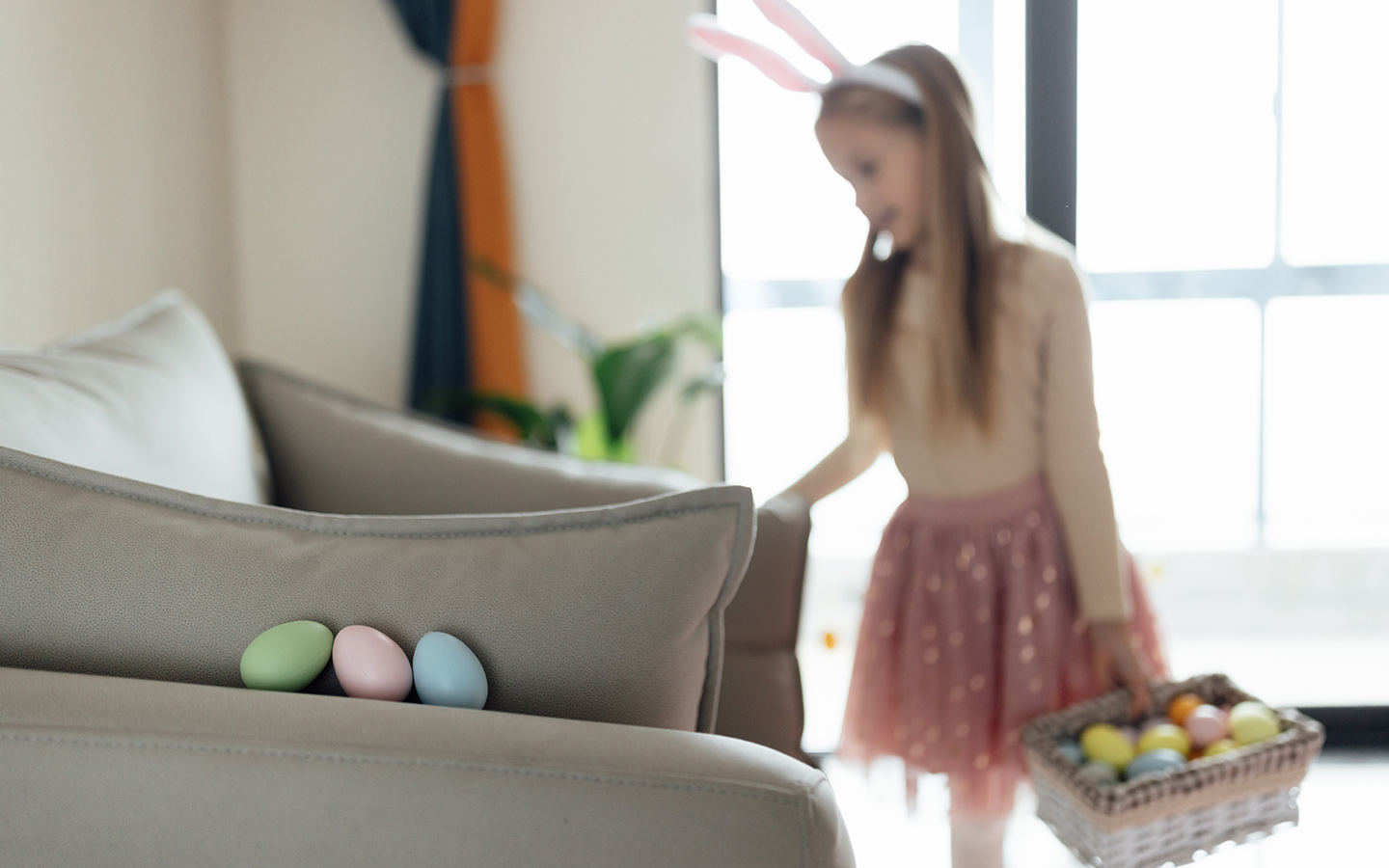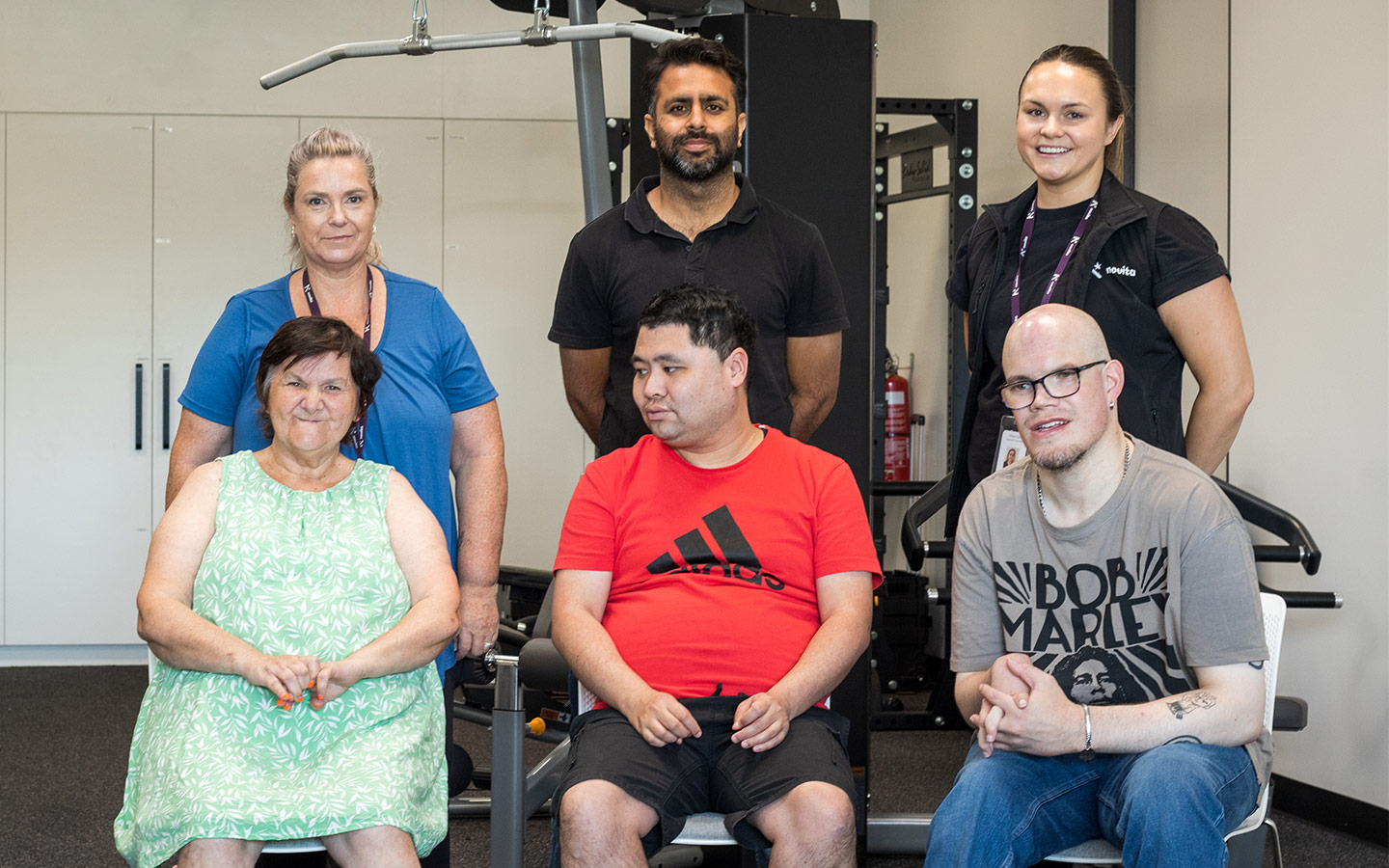Resources
How to support your child to play a sport
access_time15min read

Are you looking to kickstart your child’s journey into the world of sport but feeling unsure about how to get them interested and motivated? You’re not alone! As parents, your support is key in nurturing your child’s passion for play.
The Australian Health Organisation recommends that kids living with disability should do at least an average of 60 minutes a day of moderate – to vigorous-intensity aerobic physical activity. (Health.gov.au)
There are many ways that your kids can be physically active. Playing sport is a great way for kids to make new friends, have fun, and engage in their community, all whilst benefiting their physical and mental health! However, it can be more challenging for kids living with disability, meaning they are often less likely to engage in physical activity.
According to Paralympics Australia, almost 20 per cent of Australians live with disability, but only 1 in 6 participate in sport. This can often impact the physical, mental and social wellbeing of individuals.
75 per cent of Australians who live with disability want to take part in sport but feel there are limited opportunities. The main barrier for the low engagement in sport is the lack of accessible and inclusive facilities and organisations. In this blog, we will provide some tips on how you can support your kids to get into sport and explore some disability organisations that may be suitable for your kids.
Why your kids should consider playing a sport
Playing sport comes with many benefits that can be physical or psychological, and it can also lead to the developement of important life skills.
The physical benefits of playing sport include improving strength, mobility, and cardiovascular fitness. Developing these areas is important for kids overall health and wellbeing. Being active from a young age can reduce the risk of underlying health conditions.
According to Paralympics Australia, adults with a disability are nine times more likely to report both cardiovascular diseases and diabetes than those adults who are not living with disability. Staying active through sport may maintain or even improve blood pressure, cholesterol and blood sugar levels.
Playing sport can develop important life skills including socialisation, providing kids with the opportunity to make friends with others in a similar situation and creating a positive social network. Sport teaches kids how to cooperate with team members, as well as listening to others and following directions. They will learn how to work in a team, and come to decisions as a group, encouraging them to consider the opinion of others. It teaches them habits such as following rules which can be applied to other areas of their life.
Physical activity has been shown to stimulate brain chemicals that make you feel better. Therefore, playing sport regularly can improve emotional wellbeing, and create positive mental health benefits. Sport can teach kids to develop strategies to cope with the highs and lows of life, through experiencing winning and losing in games.
Research shows a link between playing sport and self-esteem in kids. Sport can teach kids to learn to control their emotions and stay emotionally healthy. Playing sport can also educate kids around overcoming disappointment, and coping with unpleasant experiences, which is important to becoming resilient. They can develop confidence with the support of their team and a supportive coach.
Tips for parents to support their kids starting sport
As parents, you play a crucial role in supporting your kids to play a sport. It is important that you provide support to make it as fun and enjoyable for them as possible.
Some ways you can do this is by practicing basic sporting skills, such as throwing a ball together. You may also encourage your kids to build interest by exploring different sport options. We recommend asking your kid to choose which sport they would like to play and encourage them to have a go at anything to be active.
To explore whether a sport is suitable for your kid, you can discuss this with their therapy team. Any sport can be modified, and specific skill development can be worked on during therapy. Once your kid starts a sport, we encourage you to show your support by attending their sporting games and training practices and celebrating them giving it a go and having fun.
Tips to support your kid as they are starting out in sport!
Strengths and limitations
Focus on your kid’s strengths and consider sports with adaptations to accommodate their physical capacities to leverage these. Talk to your kid’s therapist on possible barriers of a sport related to their disability. They may require a block of therapy to work on a specific sport related skill. For example, wheelchair sports require good upper body strength. Your physiotherapist or exercise physiologist can assist to work on these skills.
Review eligibility criteria
Make sure to do your research and be aware of the eligibility criteria for participation in a particular sport. Eligibility criteria may vary across different sporting organisations and the sport.
Involve your Health care team
It is important to discuss your kid’s sporting aspirations with people in their healthcare team. Before starting a sport, you may need to consult a medical professional and obtain a Medical Clearance to safely participate.
You should consider whether your kid’s disability, matches the level of support needed. This is a crucial factor that may influence whether your kid sticks to the selected sport. We recommend speaking with people in your kid’s therapy team – including occupational therapists, exercise physiologists or physiotherapists to determine the type and amount of activity appropriate for them to explore sporting options that might be suitable. Your kid’s therapy team can assess risks and guide you and your kid to choose a sport they can enjoy and safely participate in – there may even be some sports that you are not aware of!
Exercise physiologists and physiotherapists are able to screen for high-risk health conditions and refer your kid to a doctor prior to engagement in sport if required. They can work with your kid to increase motivation and pathways for participation, by recommending specific skills and exercises based on the sport. A physiotherapist or occupational therapist can also provide support through modification of the sport to your kid’s needs/ skills.
Organising sport
So my kid wants to play a sport, where do we go from here?
The first step towards getting your kids involved in sport is to select a sporting organisation. Many sporting organisations in South Australia provide modified versions of sport in junior programs, making it more inclusive, safe and fun for younger players, including those living with disability.
Discover what types of sport are available for your child in South Australia
Below are some sporting organisations that provide information and sporting pathways for people living with disability:
School Sport SA – School Sport SA is the entry level for anyone wanting to pursue sport. They have a great variety of events and programs for students with disability. These include both State Championship events (athletics and swimming) and participation type events (boccia, all abilities sport days).
Paralympics Australia – Paralympics Australia help Australians living with disability participate in sport and compete at the Paralympic Games. They also support participants to try para sport through their multi-sport days. For more information on Paralympic sports and eligibility visit the Paralympics Australia website.
Special Olympics Australia – Special Olympics give all people living with an intellectual disability the opportunity to play sport their way, on their terms. Sport options available include athletics, basketball, bowling, netball, soccer and swimming. For more information visit the Special Olympics Australia website.
Need support with getting your child into a team sport?
At Novita, we offer a specialised ‘linkup’ service called ConnectABILITY, that does all the hard work for you – connecting people living with disability with recreation, sport or performing arts.
Did you know that Novita clients are eligible and can register for ConnectABILITY? If you are not registered as a Novita client, please call 1300 668 482 or email [email protected]. Payment can be made through your NDIS plan.


